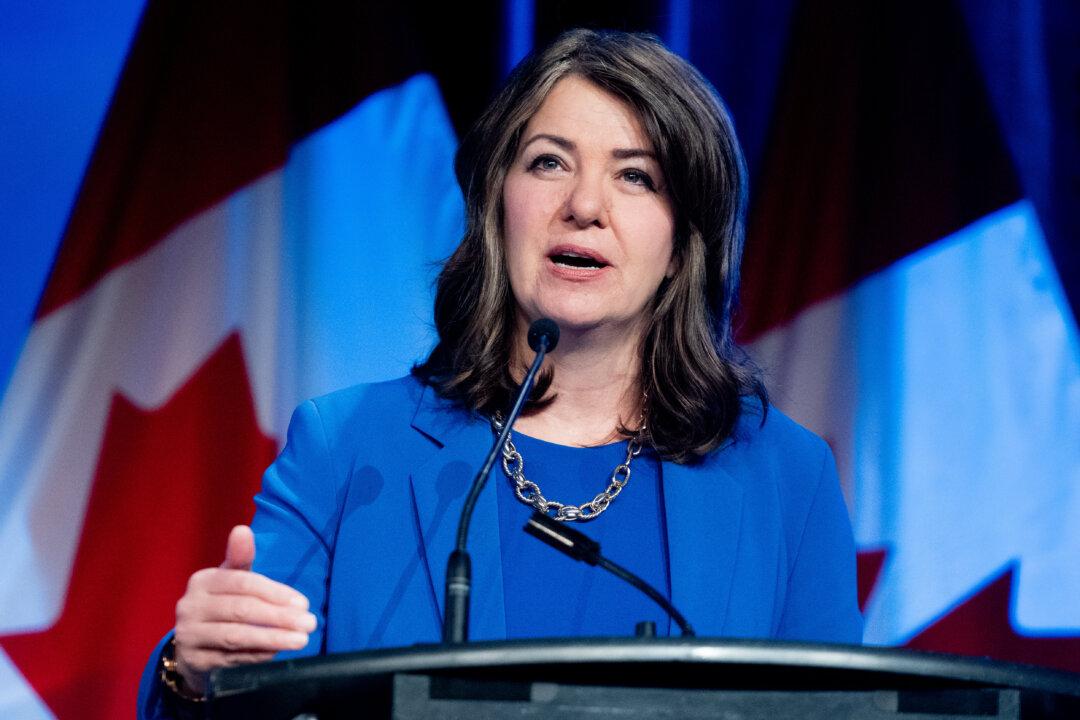When Premier Danielle Smith announced her new plan to strengthen bodily autonomy, property, and gun rights, she repeated phrasing she has used before about Alberta being a “bastion of liberty” or a “bastion of freedom.”
People from other parts of Canada are increasingly moving to Alberta, and while jobs and many other factors are at play, Smith also attributes some inflow to freedom-seekers.






